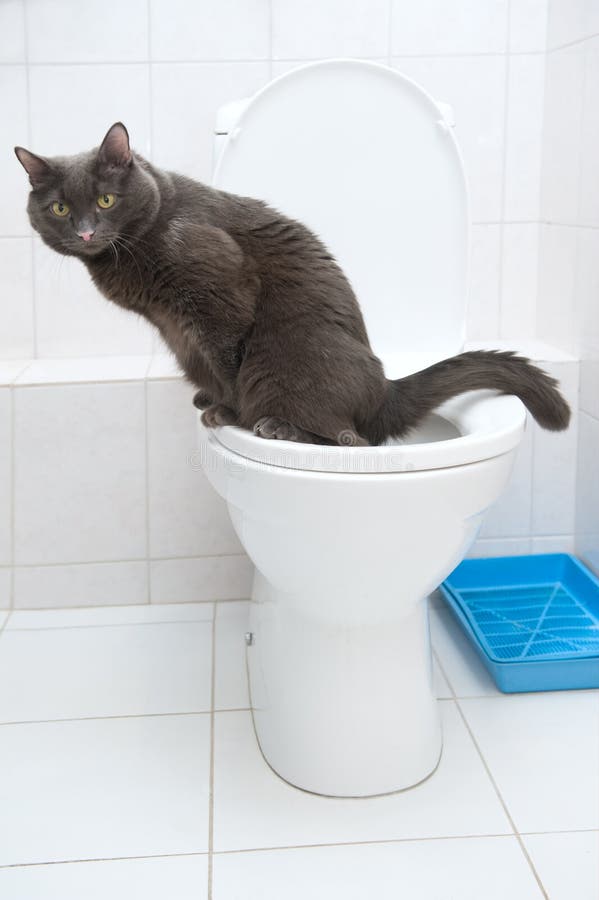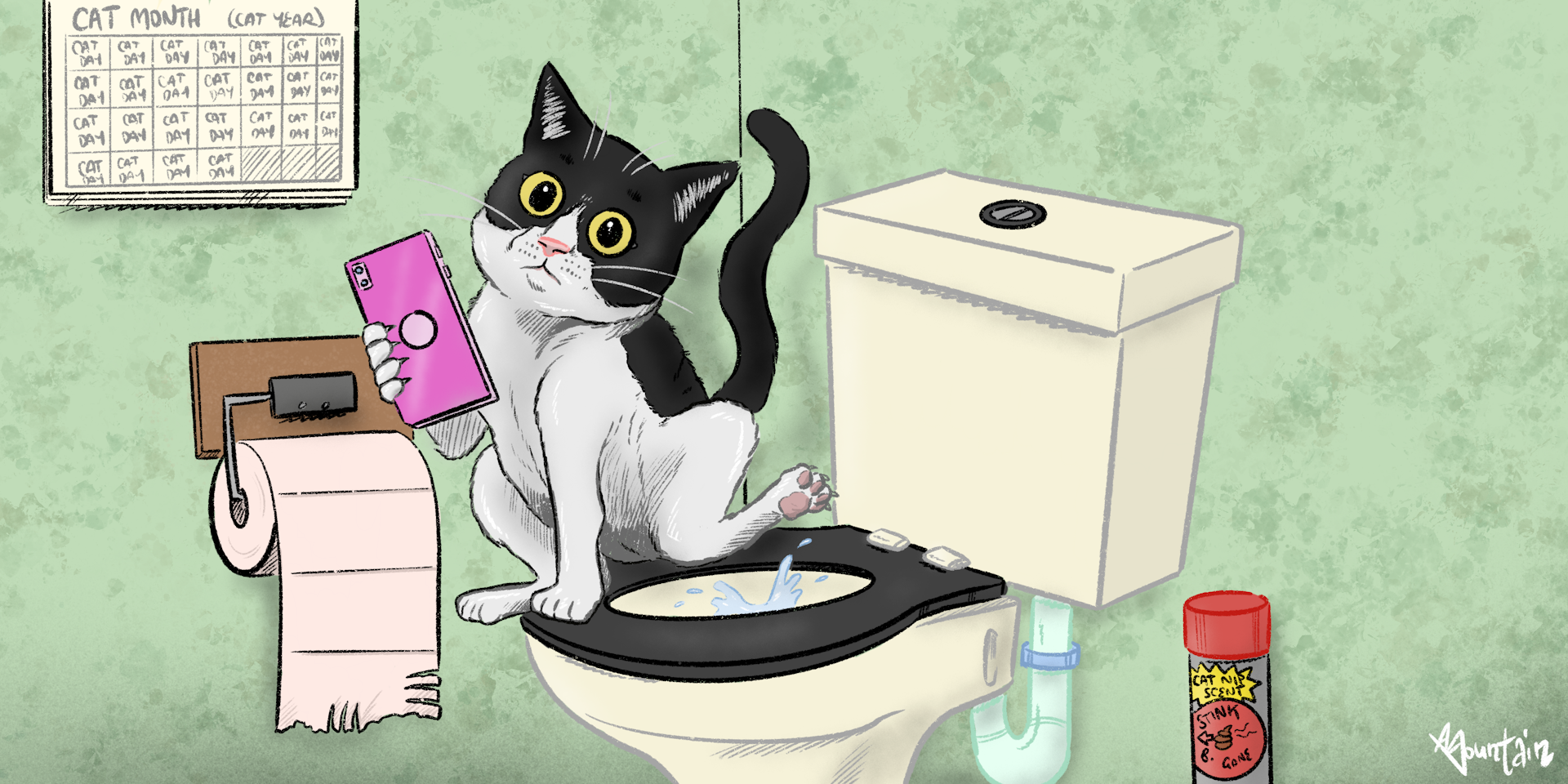Reasons Flushing Cat Poop Down Your Toilet Can Cause Problems - Tips for Safe Handling
Reasons Flushing Cat Poop Down Your Toilet Can Cause Problems - Tips for Safe Handling
Blog Article
Every person has got their private assumption in relation to Don’t flush cat feces down the toilet.

Intro
As pet cat proprietors, it's important to bear in mind just how we throw away our feline close friends' waste. While it might appear hassle-free to purge pet cat poop down the commode, this technique can have destructive effects for both the setting and human health and wellness.
Alternatives to Flushing
Luckily, there are much safer and much more accountable ways to deal with feline poop. Consider the following choices:
1. Scoop and Dispose in Trash
One of the most usual technique of getting rid of feline poop is to scoop it into an eco-friendly bag and toss it in the trash. Be sure to use a dedicated clutter inside story and get rid of the waste quickly.
2. Use Biodegradable Litter
Go with eco-friendly feline litter made from products such as corn or wheat. These trashes are environmentally friendly and can be securely thrown away in the garbage.
3. Bury in the Yard
If you have a yard, take into consideration burying cat waste in a marked location away from vegetable yards and water resources. Make sure to dig deep adequate to prevent contamination of groundwater.
4. Install a Pet Waste Disposal System
Invest in an animal garbage disposal system especially designed for cat waste. These systems utilize enzymes to break down the waste, lowering odor and ecological impact.
Wellness Risks
In addition to environmental worries, purging pet cat waste can also position health and wellness threats to humans. Cat feces may contain Toxoplasma gondii, a bloodsucker that can create toxoplasmosis-- a possibly severe disease, especially for pregnant women and individuals with weakened immune systems.
Environmental Impact
Purging pet cat poop introduces hazardous microorganisms and bloodsuckers right into the water system, posturing a substantial threat to marine ecosystems. These contaminants can negatively affect marine life and compromise water quality.
Conclusion
Responsible pet possession expands past supplying food and sanctuary-- it likewise includes appropriate waste administration. By refraining from flushing cat poop down the commode and going with different disposal techniques, we can reduce our environmental footprint and shield human wellness.
Why You Should Never Flush Cat Poop Down the Toilet
A rose by any other name might smell as sweet, but not all poop is created equal. Toilets, and our sewage systems, are designed for human excrement, not animal waste. It might seem like it couldn’t hurt to toss cat feces into the loo, but it’s not a good idea to flush cat poop in the toilet.
First and foremost, assuming your cat uses a litter box, any waste is going to have litter on it. And even the smallest amount of litter can wreak havoc on plumbing.
Over time, small amounts build up, filling up your septic system. Most litter sold today is clumping; it is made from a type of clay that hardens when it gets wet. Ever tried to scrape old clumps from the bottom of a litter box? You know just how cement-hard it can get!
Now imagine just a small clump of that stuck in your pipes. A simple de-clogger like Drano isn’t going to cut it. And that means it’s going to cost you big time to fix it.
Parasitic Contamination
Believe it or not, your healthy kitty may be harboring a nasty parasite. Only cats excrete Toxoplasma in their feces. Yet it rarely causes serious health issues in the cats that are infected. Most people will be fine too if infected. Only pregnant women and people with compromised immune systems are at risk. (If you’ve ever heard how women who are expecting are excused from litter cleaning duty, Toxoplasma is why.)
But other animals may have a problem if infected with the parasite. And human water treatment systems aren’t designed to handle it. As a result, the systems don’t remove the parasite before discharging wastewater into local waterways. Fish, shellfish, and other marine life — otters in particular — are susceptible to toxoplasma. If exposed, most will end up with brain damage and many will die.
Depending on the species of fish, they may end up on someone’s fish hook and, ultimately on someone’s dinner plate. If that someone has a chronic illness, they’re at risk.
Skip the Toilet Training
We know there are folks out there who like to toilet train their cats. And we give them props, it takes a lot of work. But thanks to the toxoplasma, it’s not a good idea.

I hope you liked our article on How to Dispose of Cat Poop and Litter Without Plastic Bags. Thank you so much for spending some time to read through our blog post. Sharing is caring. Who knows, you might be helping someone out. Thanks for your time. Please come by our website back soon.
Schedule Now! Report this page